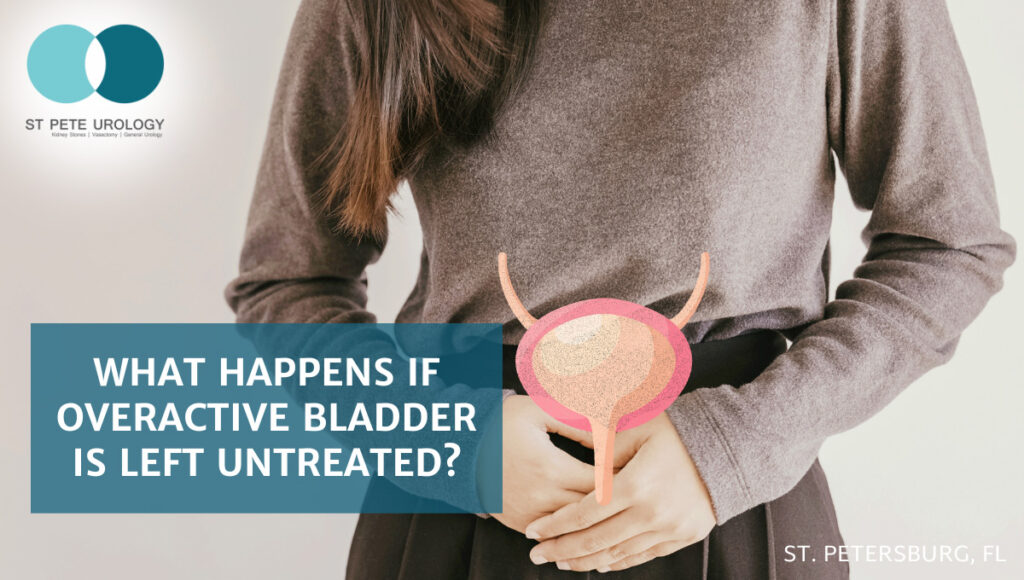Key Takeaways:
- Certain factors like genetics, diet, hydration, and medication use may contribute to a person’s risk of developing kidney stones.
- Building good habits like reducing sodium intake, drinking plenty of fluids, and exercising regularly can help in preventing kidney stones.
- If any symptoms of kidney stones appear, contact a healthcare provider.


Introduction
Kidney stones are mineral deposits that can form in the kidneys, ultimately migrating to the bladder and sometimes further, if left untreated. The typical kidney stone is made up of calcium oxalate, however other materials can cause them as well. Symptoms include severe pain in the side and back, nausea and vomiting, and often the need to urinate frequently. Early diagnosis and treatment is essential to avoid further complications, such as damage to the kidneys or narrowing of the urinary tract.
Risk Factors
There are several things that may contribute to a person’s risk of developing kidney stones, including genetics, diet, hydration, and medication use.
Genetics: Genetics can play a role in the development of kidney stones. People who have a family history of kidney stones may be more likely to develop them than those without a family history.
Diet: Diet can be a major factor in kidney stone formation. Eating a diet high in animal-based proteins, sodium and oxalates can increase the risk. A diet high in calcium actually may prevent stones from forming.
Hydration: Staying hydrated is essential to overall health, but it is also one of the most effective methods of preventing kidney stones. Drinking plenty of water daily helps to flush out minerals and metabolites that can contribute to the development of stones.
Medication Use: Some medications have been found to have an effect on kidney stone formation. Diuretics and certain antibiotics can increase the risk of developing stones. It’s important to discuss all medications with your doctor to determine if any could increase your risk or make existing stones worse.
Precautions
There are several steps you can take to reduce your risk of developing kidney stones or exacerbating existing ones.
Ways to Reduce Risk: The best way to reduce your risk of developing stones is to build good habits. This includes reducing the amount of sodium in your diet, drinking plenty of fluids, and exercising regularly.
Diet Suggestions: Eating a balanced diet can help to keep the minerals and processes in your body in balance and reduce your risk of stones. Limiting your intake of animal-based proteins, sugars, and processed foods while incorporating plenty of fruits, vegetables, and whole grains into your diet can significantly reduce your risk.
When to Call Your Doctor: If you experience any symptoms of kidney stones, such as pain in the lower back or sides, nausea or vomiting, or frequent urination, you should contact your healthcare provider. They can help diagnose and treat the stones and advise you on ways to lower your risk in the future.
Conclusion
Kidney stones can be a serious and painful condition that affects millions of people around the world. Some risk factors, such as genetics, may be difficult to control, however taking careful precautions and managing your diet can help to reduce the risk. Eating a balanced diet, drinking plenty of water, reducing sodium and animal-based proteins, and exercising regularly are all ways to keep minerals and processes in balance, reducing the risk of developing stones or worsening existing ones. If you experience any symptoms of kidney stones, seek medical help as soon as possible.
For more information and resources on kidney stones, visit the National Kidney Foundation website.
At St Pete Urology, we’re focused on helping you with all of your urologic needs. Our board-certified urologists provide comprehensive care, including treatments for kidney stones. Contact us today to learn more.
References:
- “Kidney Stones: Symptoms, Diagnosis & Treatment.” https://www.urologyhealth.org/urology-a-z/k/kidney-stones.
- “6 Easy Ways to Prevent Kidney Stones | National Kidney Foundation.” https://www.kidney.org/atoz/content/kidneystones_prevent.
- “Kidney Stones (Nephrolithiasis) – Symptoms and Causes.” https://www.pennmedicine.org/for-patients-and-visitors/patient-information/conditions-treated-a-to-z/kidney-stones.
- “Welcome – The National Kidney Foundation.” https://www.kidney.org/.




